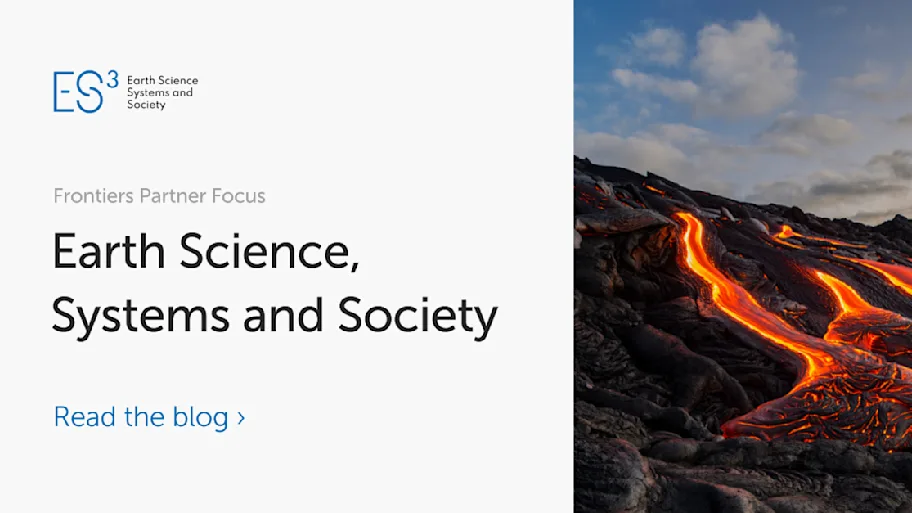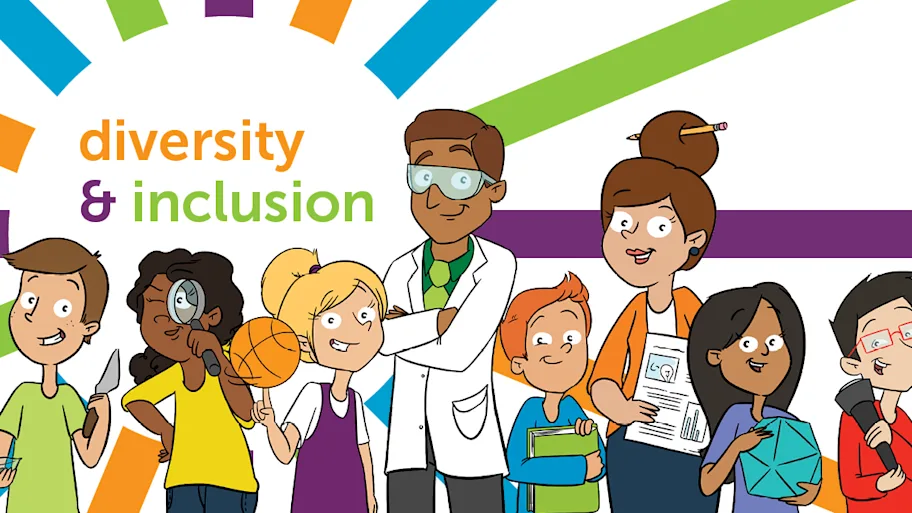
- Science News
- Open science and peer review
- Why is it Important to Talk about Diversity and Inclusion in Science and Research?
Why is it Important to Talk about Diversity and Inclusion in Science and Research?

We asked Dr. Alfredo Carpineti, chair and founder of the organization "Pride in STEM", a UK-based charity organization run by an independent group of LGBTQIA+ scientists & engineers from around the world, to share his insight on the matter.
The language we use when we talk about research and the work done in science is often impersonal. As if science is something that naturally happens, independently of the choices of humans. In reality, it is our choices that guide research efforts, and I think it's important not to shy away from them. When we recognize science as a matter of choices, we bring to light what science really is: a tool for humanity. Maybe one of its greatest tools, but a tool, nevertheless.
Another consequence of understanding science for what it is, it's the realization that the choices that guide scientific investigation are influenced by people's own ideas and biases. And so, it is important to understand and challenge the biases we possess. Understanding how we think is as equally important as understanding how the cosmos works. With that in mind, Pride in STEM, the charity I have founded and run, challenges some of those biases - in particular, those that affect LGBTQIA+ people.
This community is discriminated against and often persecuted. And such feelings harbored against LGBTQIA+ folk do not stop on the threshold of scientific institutions. Data shows that LGBTQIA+ people in STEM have less career opportunities and support than their cis-heterosexual counterparts. This gap is even wider for people with multiple marginalized identities, particularly queer people of color.
The way historically marginalized groups are treated in scientific institutions where harassment continues to be tolerated is immoral and a disservice to science itself. Pretending otherwise is also a disservice to science. We tell ourselves that we bring forth progress with our work. To make this true we ought to make discrimination and harassment a thing of the past in our workplace. And that requires education, strong transparent policies, and understanding. There is work to be done, in some cases lots of it, but it is crucial for the future of science and of all of us.
Dr. Alfredo Carpineti (he/him), Chair and Founder of Pride in STEM.
As Dr. Alfredo Carpineti mentions, data does show that the LGBTQIA+ community is both underrepresented and marginalized across research fields (Cech & Waidzunas, 2021). Additionally, according to a 2018 study published in ScienceAdvances (Hughes, 2018), queer STEM students are 7% more likely than their non-queer colleagues to switch to a non-STEM field after a 4-year curriculum, and 14% less likely to stay in a STEM major if they have had a practical research experience.
For this reason, purposeful and deliberate representation of LGBTQIA+ scientists in high-visibility roles will provide role models that could further inspire LGBTQIA+ youth to pursue careers in STEM, thus reverting drop-out numbers and retaining precious expertise, knowledge, and ideas in research.
Our role as a publisher
Frontiers is proud to offer a platform to empower openly-LGBTQIA+ editors in initiatives like the one started by Frontiers in Nanotechnology, where a dedicated article collection has been launched to welcome submissions across the entire breadth of the nanotechnology field (open for submissions until the 26th of September of 2023).
The editorial team of this collection is composed of a team of openly queer researchers in nanotechnology, you can find more information at this link.
To quote Dr. Carpineti, "There is work to be done, in some cases lots of it, but it is crucial for the future of science and of all of us."






